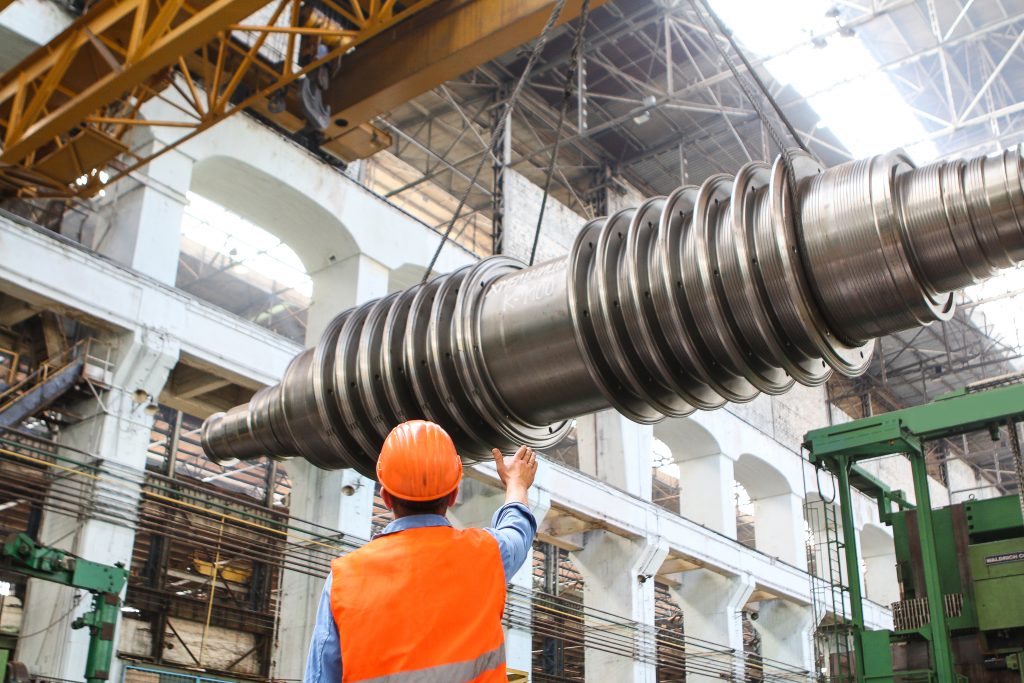In this article, we will cover the responsibilities, education, training, salary, work environment, and other essentials of a plant production manager.
The duties of a plant production manager include overseeing the everyday operation of production, such as maintaining standards, using inputs, clearing bottlenecks, and other factors to ensure that production is smooth and on target.
There can be more than one manager in a plant, as they may work in different areas, shifts, or otherwise divided by categories.
Article Table of Contents
What Does a Plant Production Manager Do
The job of a plant production manager incorporates many tasks.
For instance, they are responsible for ensuring that the labor force and equipment are operating according to standards and protocols.
They are also in charge of recruiting and terminating workers as well as completing reports on production.
Production managers know the goals and deadlines of the current tasks.
So, according to this, they decide on employing more workers or machines, taking on more inputs, using overtime, or introducing other things to improve production to reach the set goals.
They should anticipate the potential savings, and ensure the quality of the production output.
Responsibilities
- Ensure that the plant production is carried out at the necessary level to reach the set goals and in accordance with safety regulations.
- Communicate with the purchasing department to decide what needs to be bought to improve the flow of production and control expenses.
- Conduct quality control tests to ensure that the production output meets the standards.
- Analyze the performance using production data to find any potential issues and resolve them.
- Prepare reports on performance and potential issues that may arise.
Essential Skills
Plant insight:
A plant production manager needs an insightful eye for the production process.
Ability to spot a problem before it becomes critical influences safety and productivity.
The earlier a manager can spot a saving, the more the plant can save in the long run.
A significant part of the plant production manager’s job is picking the key statistics from the reports and observing the main concerns on the floor.
Plant knowledge:
A production manager needs to know the plant from A to Z.
It means they have to understand the job of every worker and the features of all equipment.
With more knowledge, managers can make decisions faster and foresee things better.
How to Become a Plant Production Manager
You can become a plant production manager in two ways: graduate with industrial management or business degree and start directly, or work your way up from a production worker.
Even though work experience is valued a lot, employers prefer candidates with a bachelor’s degree or even an MBA.
Training and Qualifications
To become a product manager, you need a bachelor’s degree in industrial engineering or management.
Plants frequently hold free classes for workers to get tuition credit that will help them earn the degree if they don’t have any yet.
Production managers don’t need any licenses or certifications, however, employers typically look for someone with higher education.
Because of that they usually offer support for line workers and current managers who take night classes.
Workers who already have experience in the plant and know it well are highly valued by employers.
Work Experience
If you don’t have extensive experience or a closely related degree from a reputable school, it is hard to get a job of a product manager.
Prospective production managers can start as supervisors which is one step above the line worker.
From there they can work their way up to the production manager position as they gain more managerial experience.
This is the most common path for production workers.
However, new college graduates also work for some time as supervisors.
There may also be the positions of junior and senior managers at bigger plants.
So, you may have to work in a lower position before advancing.
Working Hours
The working hours of production managers are completely dictated by the company policies and the plant.
For instance, if there is a third shift at a plant, the least experienced managers may work those hours.
At that time, the level of production tends to be the lowest, so fewer things can go wrong.
It can also be determined by when the plant needs a product manager, during the first, or second, or third shift, so it is also hard to predict.
Generally, working hours are determined by policies and rules of the union, which include overtime regulations too.
Career Outlook
The advancement opportunities of the plant production managers depend on the plant.
Sometimes, they can move up through a hierarchy of managers to obtain more responsibilities.
With that, they receive a better pay and benefits package, as well as opportunities to advance to other positions.
The median salary of a plant production manager stands at $87,389.
On the other hand, the career prospects aren’t very positive for production managers.
The manufacturing sector is in a period of shrinkage.
Outsourcing and automation lead to reduced manufacture in the factories.
There is a lower demand for all factory careers than it used to be, and this includes managerial positions as well.
Conclusion
Plant production managers have a wide range of tasks to control, and they are in charge of people, equipment, and processes worth millions of dollars.
There is a great chance to advance from line workers to a production manager or to start as a supervisor after school or both.
Production managers oversee all the operations in the plant, ensure that protocols and standards are being followed.
They also coordinate the supply chain, ensure safety and discipline, and more.
The vastest threat to jobs in factories, including managers, is the shrinkage in manufacturing as many positions are being replaced by technology, and more activity moves to the service sector.

